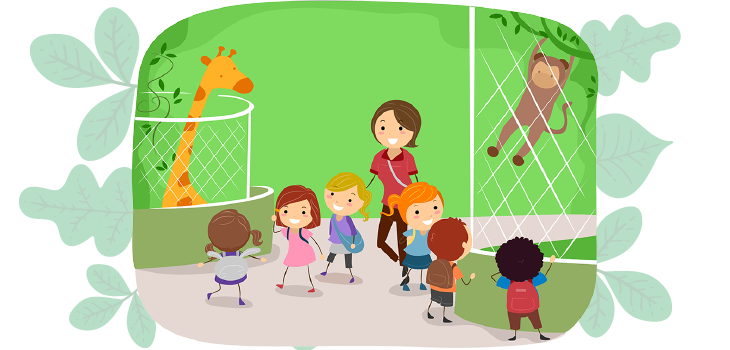Navigating Higher Ed: Home Schooling’s College Transition

Navigating Higher Ed: Home Schooling’s College Transition
Home schooling provides a unique and flexible educational experience, but what happens when it’s time to transition to college? This article explores the challenges and strategies associated with home-schooled students making the leap to higher education, offering insights and guidance for a successful college transition.
Individualized Preparation for College Admission:
One advantage of home schooling is the ability to tailor the curriculum to meet college admission requirements. Home-schooled students can focus on individual strengths, explore specific interests, and delve deep into subjects that align with their intended college majors. This individualized approach can make their college applications stand out.
Building a Robust Transcript:
Creating a robust transcript is crucial for home-schooled students applying to college. Detailed documentation of courses, grades, and extracurricular activities provides admissions officers with a comprehensive understanding of the student’s academic journey. Including any standardized test scores, volunteer work, and projects enhances the overall profile.
Dual Enrollment Opportunities:
Some home-schooled students take advantage of dual enrollment programs, allowing them to earn college credits while still in high school. This not only demonstrates academic readiness for college-level work but also provides a smoother transition to the higher education environment.
Emphasizing Extracurricular Activities:
Colleges often look beyond academics when considering applicants. Home-schooled students can showcase their unique extracurricular activities, such as community service, internships, or special projects. These experiences not only add depth to their applications but also reflect a well-rounded and engaged individual.
Addressing Socialization Concerns:
One concern often raised about home-schooled students is the potential lack of socialization. To address this, participating in community groups, sports teams, or local events becomes essential. Demonstrating social skills and the ability to work collaboratively with peers can alleviate concerns during the college admissions process.
Navigating the Application Process:
Home-schooled students and their parents must carefully navigate the college application process. Understanding admission requirements, preparing application materials, and meeting deadlines are crucial steps. Seeking guidance from college counselors, attending information sessions, and utilizing online resources can help streamline the application journey.
Home Schooling and College – A Supportive Community:
For additional support and resources on transitioning from home schooling to college, visit Home Schooling and College. This online community offers articles, tips, and a supportive space for parents and students navigating the complexities of home schooling and the college transition.
Preparing for College-Level Independence:
College life comes with increased independence and responsibility. Home-schooled students can prepare for this transition by gradually assuming more self-directed learning responsibilities. Developing time management skills, effective study habits, and a sense of personal responsibility contributes to a smoother adjustment to college expectations.
Utilizing College Entrance Exams:
Standardized tests like the SAT or ACT play a significant role in college admissions. Home-schooled students should prepare thoroughly for these exams, as strong scores can enhance their applications. Utilizing study resources, practice exams, and possibly taking advantage of test-optional policies can contribute to a successful testing experience.
Embracing Diversity in College Choices:
Home-schooled students have the advantage of considering a diverse




/https://static.texastribune.org/media/files/10bca4d5e8d1e9cbd67c8080f279afae/1014%20Hmschool%20League%20City%20AM%2001.jpg)






